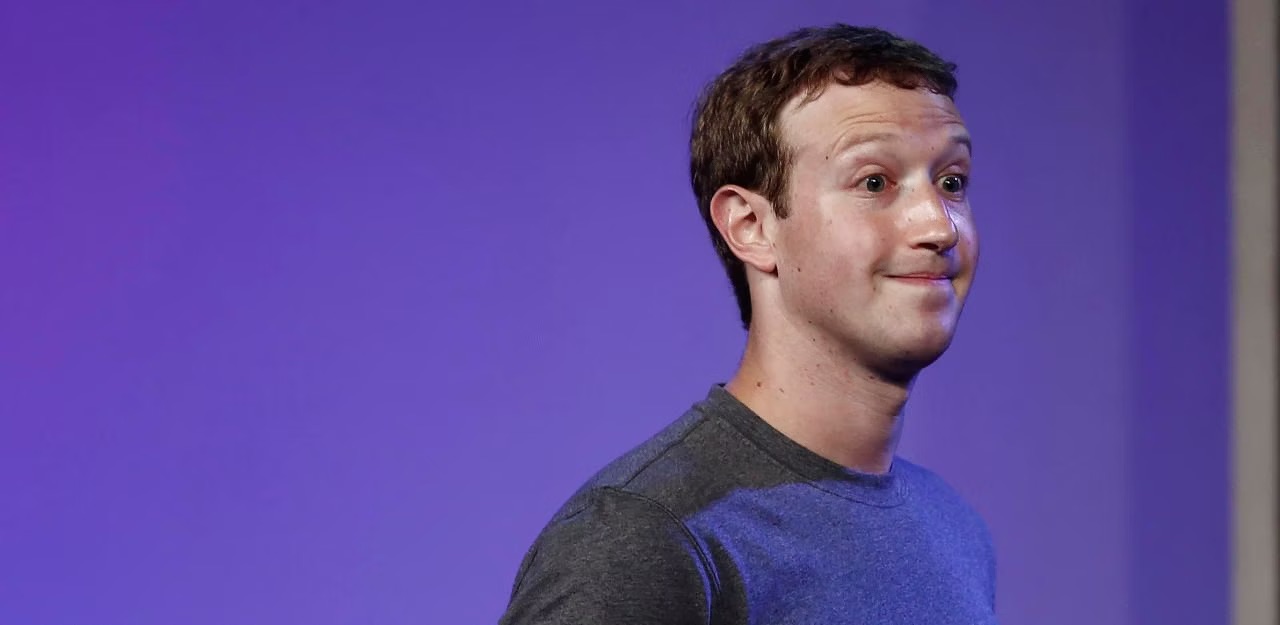
In a recent discussion, Mark Zuckerberg outlined his vision for the future of advertising at Meta, emphasizing how artificial intelligence (AI) could reshape the industry. He was so sure in fact that he declared the traditional creative ad agency model would endure. Compounding this, he proposed that small businesses shouldn’t even have to go through creative exercises. Rather, Meta might take responsibility for their own advertising activities—saving time and effort by focusing their outreach on novice advertisers.
AI-Generated Ads Could Disrupt the Industry
The ideas first articulated by Zuckerberg on the Stratechery podcast run by Ben Thompson. He was referring to an imaginary machine that, if ever built, would radically disrupt the entire advertising ecosystem. Zuckerberg imagines this product creating thousands of AI-generated advertisements. In these narrative-inspired ads, we’ll be testing different variations to see what works best across platforms, including Facebook, Instagram & Threads. The ramifications of this shift are already deepening for how companies will market to customers and how they will equip customers to engage with them.
As Meta CEO Mark Zuckerberg explained, the company’s ad tools are some of the most sophisticated on the planet. Perhaps users don’t even need to define their desired demographics for targeting. Rather, he argued that these tools have the ability to figure out which audience to target ads to all on their own. This degree of automation has the potential to transform advertising. It can’t help but minimize or eliminate the role of humans in the creative process.
“We’re gonna be able to come up with, like, 4,000 different versions of your creative and just test them and figure out which one works best.” – Mark Zuckerberg
Part of Zuckerberg’s vision is a simple and easy-to-understand application process for businesses that want to advertise. According to him, any company could simply convey its objectives—whether acquiring new customers or promoting specific products—and outline its budget. Meta would subsequently take care of the creative and advertising execution, with a focus on driving the best results possible within the defined parameters.
A New Way of Advertising
“The basic end goal, here, is any business can come to us, say what their objective is — we get new customers to do this thing, or sell these things — tell us how much they’re willing to pay to achieve those results, connect their bank account, and then we just deliver as many results as we can,” Zuckerberg elaborated.
The implications for advertising creativity and marketing authenticity with AI-generated content warrant serious and immediate consideration. Legacy advertising agencies will find themselves ill-prepared for an environment quickly developed by a landscape where algorithms are controlling how we should engage our audiences. Now, Meta is doubling down on AI and infusing more capabilities into its ad products. This transformation is primed to impact how businesses evaluate and leverage digital advertising channels.
Zuckerberg’s top-down, punitive approach is the exact opposite of what’s needed to foster innovation at Meta. His goal is to democratize access to the most effective marketing tools by automating advertising processes on a massive scale. This method greatly reduces the upfront burden on firms to submit creative concepts. Yet at the same time, this strategy is bound to raise alarms from legacy media agencies around their future in an ever more automated universe.
So, as Meta continues to pursue these ambitious developments, the advertising industry will have to continue figuring out AI’s growing pains. To succeed, companies need to use technology, but not lose the human element in it. This always on balancing act will be key as they continue to adjust to this sea change.
Author’s Opinion
Mark Zuckerberg’s vision for the future of advertising is both exciting and unsettling. By automating much of the creative process, Meta aims to lower barriers for businesses, particularly small ones, to access powerful ad tools. However, the reduction of human involvement in creativity could stifle the authenticity and emotional connection that traditional advertising often provides. While AI offers efficiency and scalability, the true challenge will be maintaining a balance between technological advancements and the personal touch that resonates with consumers.
Featured image credit: Heute
For more stories like it, click the +Follow button at the top of this page to follow us.
